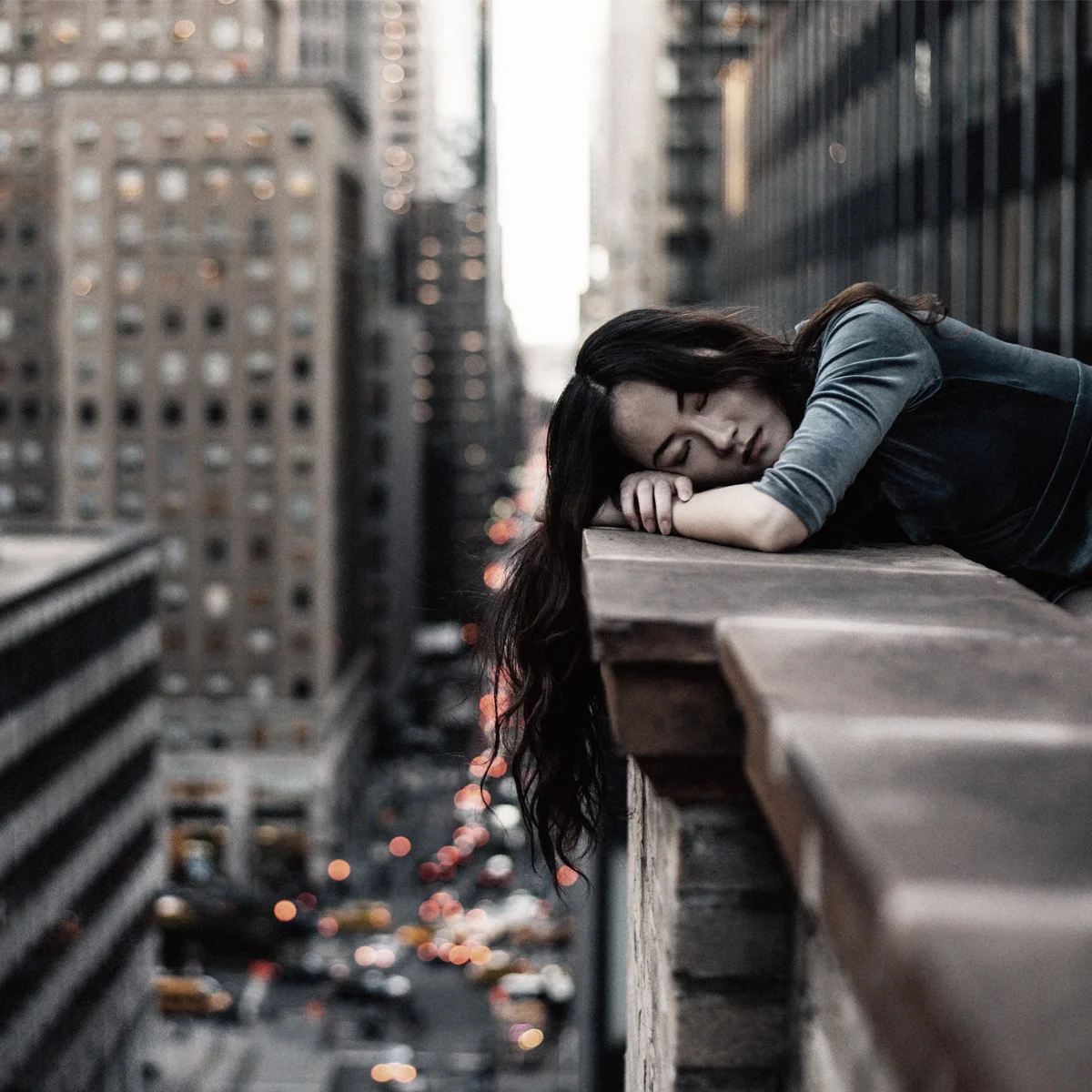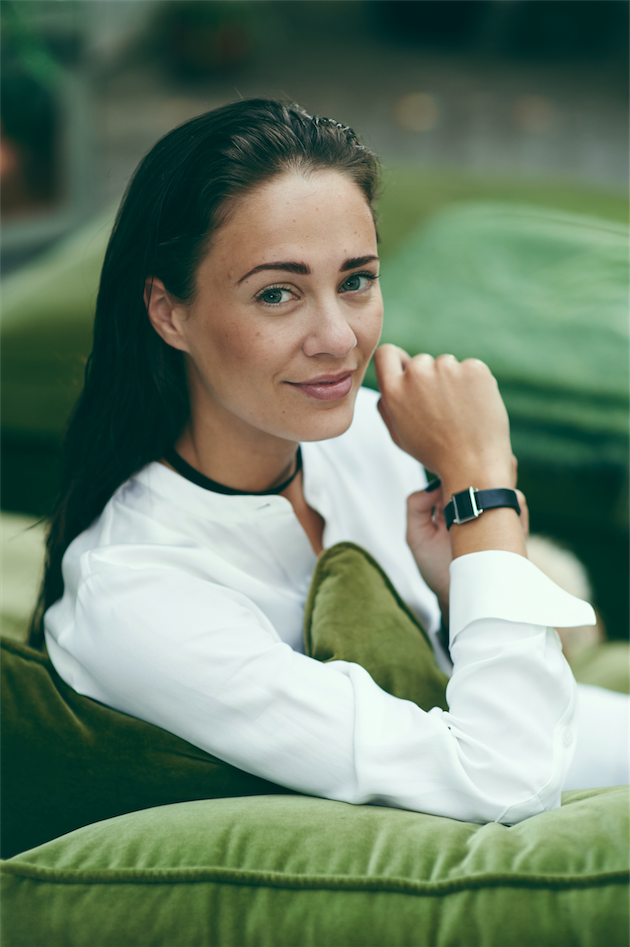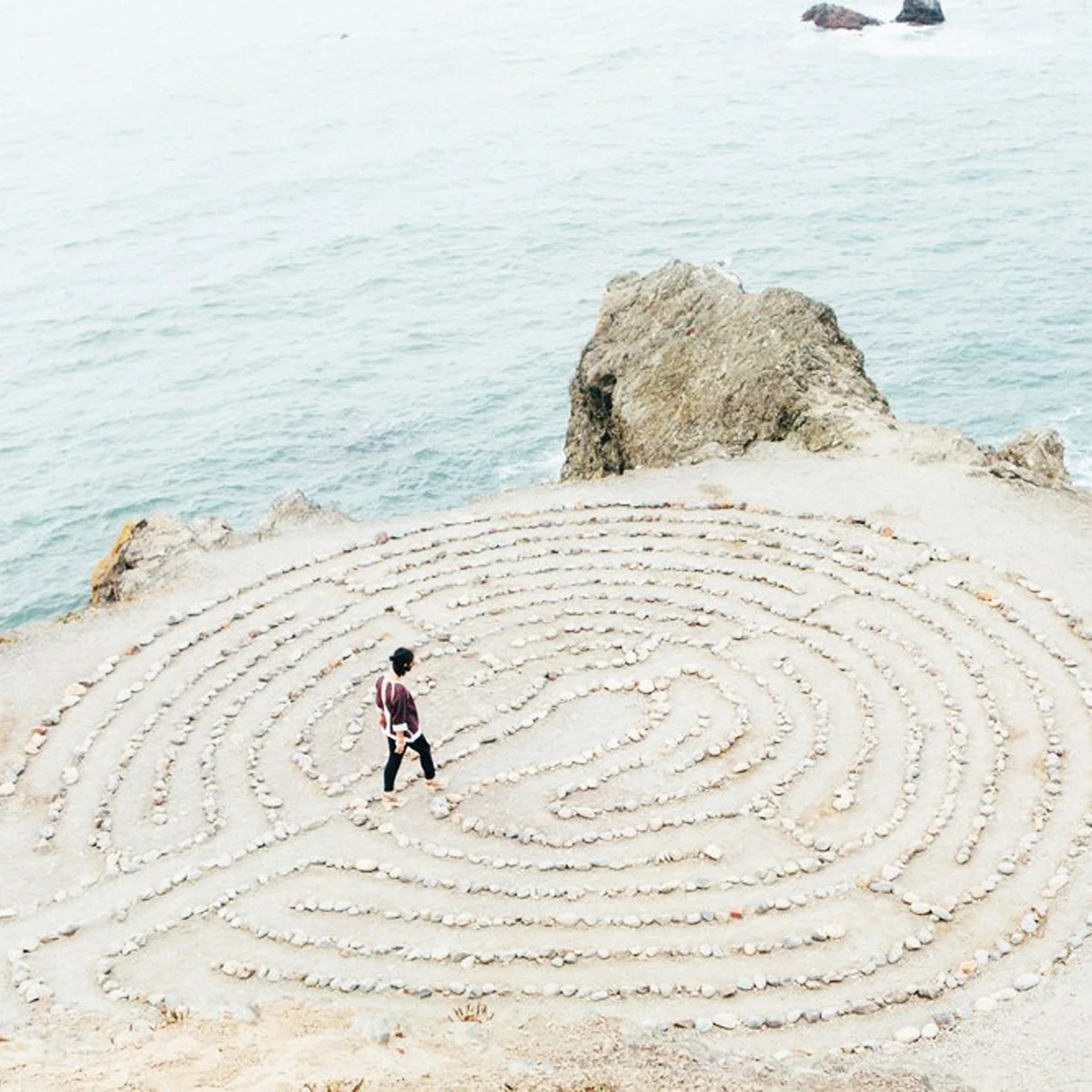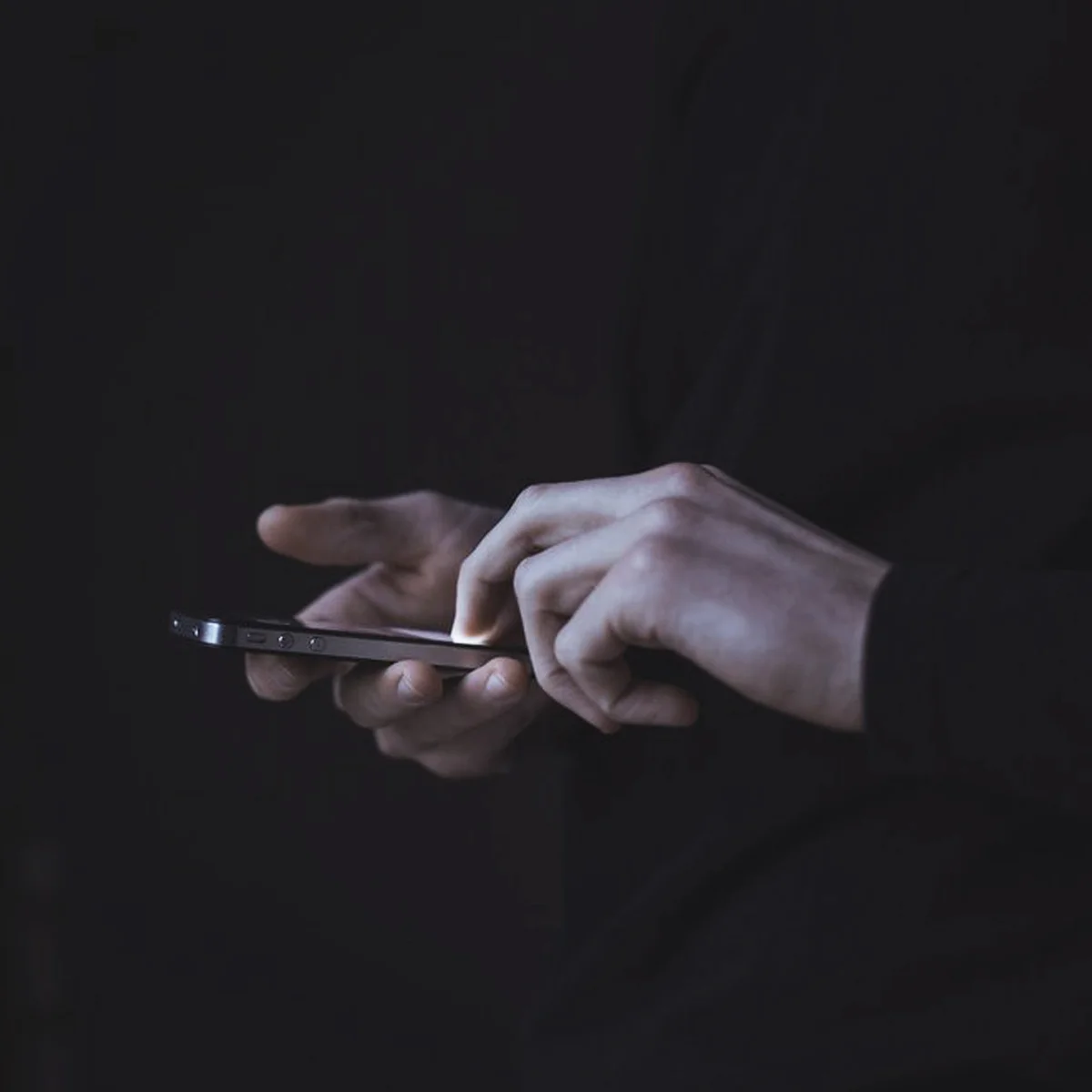EXPERT ANALYSIS: HOW SLEEP AFFECTS OUR MIND + BODY
We all know that good sleep is vital for a happy, healthy life. But how much do we really know about this phenomenon that takes up so much of our time? How are our digital habits and physical wellbeing affecting the quality of our sleep? In order to find out more on this topic we asked Dr. Murray Rosenthal, psychiatrist, researcher, and sleep expert.
HOW DO OUR MODERN TECHNOLOGY HABITS AFFECT OUR SLEEP?
For eons our bodies awakened and slept in synch with the elements. Natural light and dark stimulate a symphony of hormones and neurotransmitters that prepare our bodies for sleep and awakening. With the invention of the electric light, millions of years of evolution changed and with that many of the diseases associated with the modern age.
Technology has added another dimension of stress to our bodies; information and the light emanating from an array of screens send messages to our brain that interfere with the natural sleep cycle. Even small amounts of blue spectrum screen light begins to degrade melatonin and interrupts the initiation of the sleep cycle.
The relaxation necessary to ready the body for sleep becomes more difficult when we are thinking about the last email or disturbing article we just read. Add to this the intermittent buzzing or dinging of messages being received and this disruption also occurs during the later phases of sleep at a time during which the brain is replenishing and rebalancing important hormones.
HOW DOES SLEEP OUR COGNITIVE ABILITIES?
Cognition is a complex process involving multiple parts of the brain. There are also different types of memory; short and long term. The very first requirement for cognitive function is wakefulness. Hence the use of stimulants in contemporary society.
Many, normal, day-to-day events impact normal sleep cycles and will, short term, impact wakefulness. Worry about something, stay out late, have a bit too much to drink and what do you feel the next day? Tired. What do you do? Drink coffee. Short term, little problem for our bodies. It can handle that easily by adjusting your sleep over the next few nights and the effect upon cognitive function is minimal.
But what happens when the use of technology adds to this disruption on a regular basis? There is broad consensus that insufficient sleep leads to a general slowing of response speed and increased variability in performance, particularly for simple measures of alertness, attention and vigilance. How often are you hearing about accidents caused by 'operator error'?
If you are taking medications that may change sleep structure, drinking coffee later in the day or using alcohol on a regular basis (alcohol is a great sleep disrupter), these confound and worsen the impact of technology. Especially if your phone, ipad or computer is sitting on your nightstand and alerting you to incoming information during the deep restorative cycles of sleep.
HOW DOES SLEEP RELATE TO PHYSICAL HEALTH?
We spend 1/3rd of our lives asleep, yet contemporary medicine is just waking up to the role of sleep upon health. There are NO medications that restore normal sleep. We can only study the type of sleep disturbance someone experiences and work around correcting the causative agents.
Look around you at the growing incidence of obesity in Western Society. Now travel to the third world. Still see it? Yes, our foods play a role, but sleep is a major contributor. Watch what happens as technology is introduced into the third world.
We are aware when we have difficulty falling asleep, but not always when deep sleep is disrupted. It is during this phase of sleep that our bodies heal. Interfere with these phases on a regular basis and the ability of insulin to process sugars goes down, as does thyroid function, so necessary to metabolism throughout the body, and the stress hormones increase. The bodies immune defenses decrease and inflammatory processes such as heart disease etc., increases.
There is a secondary danger here and it comes from 'modern' medicine treating symptoms. As diseases from sleep disruption ensue, the treatments can also add to the changes in normal sleep cycles. Very few medications are studied for their impact upon sleep, just the treatment of the primary symptom. Many drugs used to treat everything from pain to psychiatric problems disrupt sleep.
To summarise: it isn't all bad for technology. Blue screen blockers used an hour before bed can decrease the effect of light. Turning off noisy notifications is very important. as is practicing good sleep hygiene. But awareness and monitoring can help you head off the long term effects, if you know where and how to look. Technology is here to stay, we need to help our bodies adjust.
DR. MURRAY ROSENTHAL IS A BOARD CERTIFIED PSYCHIATRIST AND FELLOW OF THE AMERICAN PSYCHIATRIC ASSOCIATION. HE IS A CLINICIAN, RESEARCHER, CONSULTANT, LECTURER AND PUBLISHED AUTHOR WHO SPEANT 26 YEARS CONSULTING AND CONDUCTING OVER 400 CLINICAL TRIALS.
DR. ROSENTHAL HAS LECTURED ON SLEEP DISORDERS AND CHRONIC PAIN, TWO AREAS HE BELIEVES ARE UNDER-APPRECIATED IN CONTEMPORARY MEDICINE. HE HAS COME TO SEE NORMALISED SLEEP AS ONE OF THE GREAT NATURAL HEALING EXPERIENCES OF LIFE.










